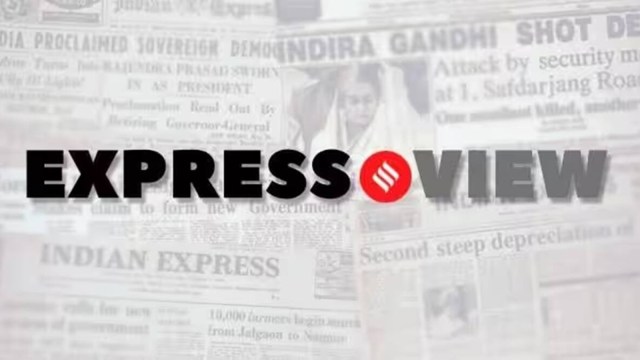
When US President Donald Trump announced a “ceasefire” between India and Pakistan in May — claiming he had used trade to nudge both sides — New Delhi issued a sharply worded rebuttal. It also released a chronological account of the diplomatic exchanges in that fraught period to say that there had been no US mediation. One month on, in a phone call with Trump — who left the G7 summit in Canada early, ostensibly due to America’s involvement in the Iran-Israel conflict — Prime Minister Narendra Modi has surely and firmly set the record straight. Washington played no role in the suspension of hostilities with Pakistan, he said. No discussions had taken place at any level regarding trade, and Operation Sindoor is still ongoing. According to Foreign Secretary Vikram Misri, PM Modi underlined that “India has not accepted any mediation in the past, doesn’t accept it at present and will not accept it in the future”. Historically, India has refused to accept third-party mediation and successive Indian governments have worked to ensure that Islamabad’s attempts to internationalise Kashmir find no traction. Today, with far greater national power and a stronger presence on the global stage, India charts its own course in navigating the unpredictability of the Trump era, and other challenges. PM Modi rightly kept terrorism centre stage during his G7 Outreach Session address, calling on all countries to take firm action.
Apart from being his first foreign tour after Operation Sindoor, and other than his call with Trump, PM Modi’s presence at the G7 summit in Kananaskis was significant for another reason. It came amid a detente in India-Canada relations, which had been severely strained during the final 15 months of former Prime Minister Justin Trudeau’s tenure. The breakthrough with Canada is a welcome development. Under Trudeau, who had publicly accused India of involvement in the killing of Khalistani separatist Hardeep Singh Nijjar on Canadian soil, diplomatic ties hit rock bottom. The de-escalation process with Canada began with the election of Mark Carney in March. At the G7, both sides agreed to restore their high commissioners and resume trade talks that could pave the path towards a comprehensive economic partnership agreement. Negotiations are also underway to establish a joint working group on transnational crime. That said, Carney’s government would need to do much more to address New Delhi’s concerns about Ottawa’s attitude towards Khalistani separatists. Separating domestic politics from diplomacy — something Carney’s predecessor failed to do — could expedite the process of repairing ties.
This G7 summit was held in anxious times, amid the escalating Iran-Israel hostilities. It is a moment when global powers, including India, need to come forward to push Tel Aviv and Tehran towards a ceasefire. By not stepping up to that imperative — the joint statement urges “de-escalation” but stops short of calling for a ceasefire — the G7 missed an opportunity and showed how limited its leverage may be.